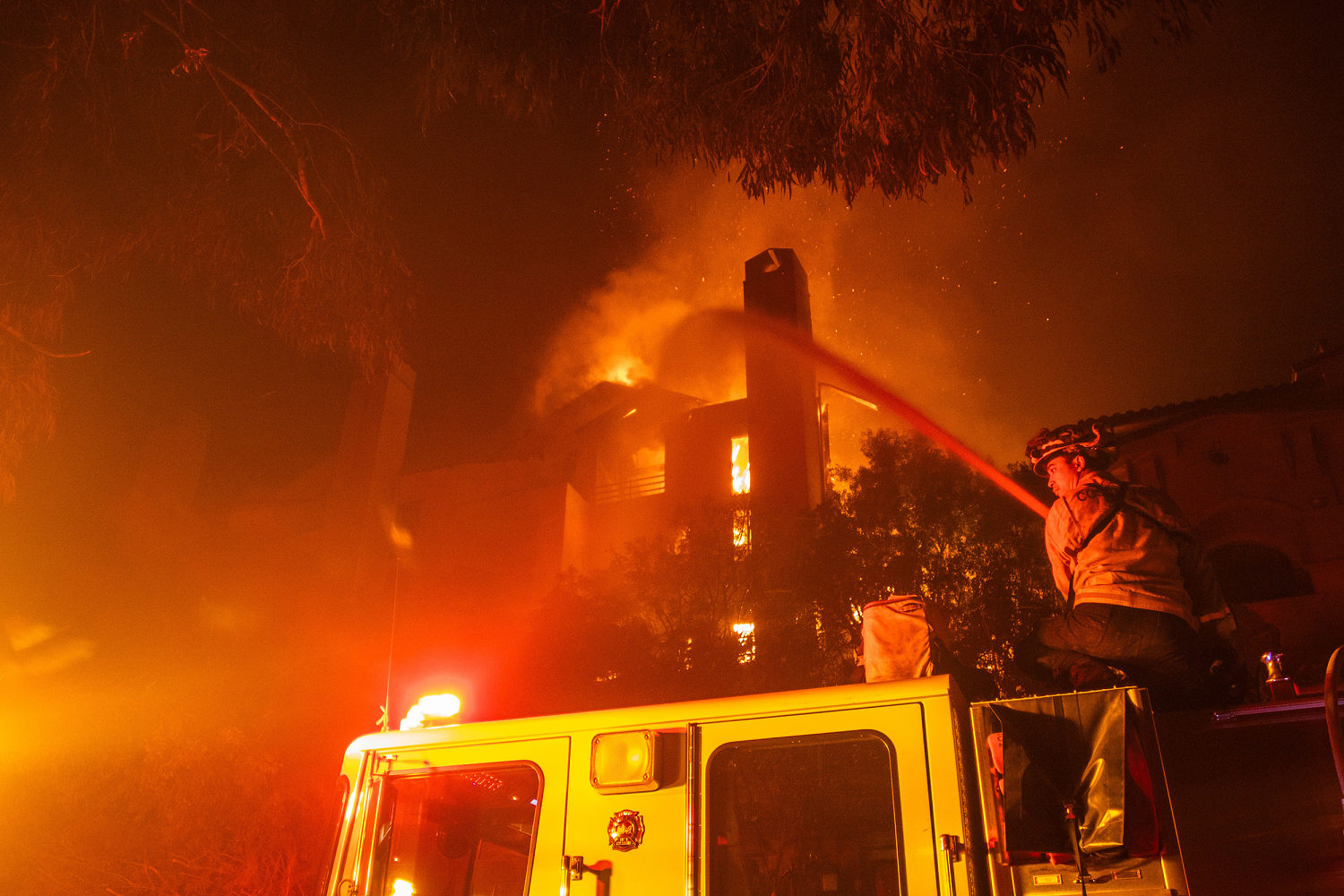WASHINGTON — Chief Justice John Roberts on Tuesday blasted what he called "illegitimate activity" aimed at undermining the independence of the judiciary.
While facing criticism of contentious court rulings is part of the job for judges, some recent actions have crossed the line, Roberts said in his annual end-of-year report.
He outlined four areas of concern: violence, intimidation, disinformation and threats to defy court judgments.
All four "undermine our Republic, and are wholly unacceptable," Roberts wrote.
He did not specify many concrete examples of conduct that concern him, but the Supreme Court, which has a 6-3 conservative majority, has faced a barrage of scrutiny since the 2022 ruling to overturn decades of abortion rights in the landmark Roe v. Wade case.
That led to protests outside the homes of some justices, and one man was charged with attempted murder after being arrested outside the home of Justice Brett Kavanaugh armed with a handgun.
There has also been renewed focus on the court from Democrats in Congress, sparked in part by media reports of alleged ethics lapses from some of the justices, with a focus on conservative Justice Clarence Thomas.
In his report, Roberts said that the number of violent threats against judges has more than tripled over the last decade. Several judges, or their family members, have been attacked and in some cases killed.
"These tragic events highlight the vulnerability of judges who sign their names to the decisions they render each day and return home each night to communities, where they remain involved as neighbors, volunteers, and concerned citizens," Roberts said.
Intimidation, in the form of protesters "intent on harassing judges" and public officials "suggesting political bias in the judge's adverse rulings without a credible basis," is another growing problem, the chief justice wrote.
"Attempts to intimidate judges for their rulings in cases are inappropriate and should be vigorously opposed," he added.
Roberts also cited disinformation, exacerbated by social media and in some cases hostile foreign governments, as a problem, as it can "undermine confidence in the court system."
Additionally, Roberts said that any calls for court rulings to be defied, which he said had at times come from politicians on both left and right, "must be soundly rejected."
Roberts is part of the conservative majority that has issued a series of rulings in recent months that have faced strong opposition on the left.
Earlier this year, the court ensured that President-elect Donald Trump would not face a trial on election interference charges before the November election and ruled for the first time that presidents have broad criminal immunity for actions taken while in office.
It has also issued several decisions that have undermined the power of federal agencies to issue regulations on issues like environmental and consumer protection.
Scrutiny of the Supreme Court is likely to continue with Trump about to take office again vowing to pursue various policies prone to face legal challenges. During Trump's first term he lost several high profile cases at the Supreme Court.
Although the court has three justices appointed by Trump, the incoming president has a long history of harshly criticizing judges who rule against him.
.png)
 1 week ago
22
1 week ago
22


































 Bengali (BD) ·
Bengali (BD) ·  English (US) ·
English (US) ·